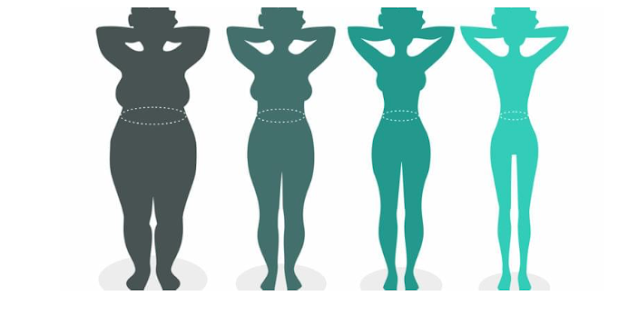How Weight Loss Affects Blood Pressure

The amount of weight loss needed to lower blood pressure varies from person to person. However, most people will see a benefit from losing even a small amount of weight. If you are overweight or obese, losing 5 to 10% of your body weight is a good goal. For example, if you weigh 200 pounds, you would need to lose 10 to 20 pounds.
There are a number of ways to lose weight safely and effectively. Some people find that they are successful with diet and exercise alone. Others may need to use medication or weight loss surgery. If you are considering weight loss, talk to your doctor about the best approach for you.
There are a number of ways to lose weight safely and effectively. Some of the most effective methods include:
Diet: Eating a healthy diet is essential for weight loss. This means eating plenty of fruits, vegetables, and whole grains. It also means limiting processed foods, sugary drinks, and unhealthy fats.
Exercise: Regular exercise is another important part of weight loss. Aim for at least 30 minutes of moderate-intensity exercise most days of the week.
Behavioral changes: Making changes to your lifestyle can also help you lose weight. This may include things like getting enough sleep, managing stress, and avoiding smoking.
If you are struggling to lose weight on your own, talk to your doctor. They can help you create a personalized weight loss plan and provide support along the way.
In some cases, weight loss can cause low blood pressure. This is more likely to happen if you lose weight quickly or if you have a preexisting condition that affects your blood pressure. If you experience low blood pressure after losing weight, talk to your doctor. They can help you determine the cause and recommend treatment options.
Does High Blood Pressure Prevent Weight Loss?
High blood pressure does not prevent weight loss. However, it can make it more difficult to lose weight and keep it off. This is because high blood pressure can increase your risk of developing other health problems, such as heart disease and stroke. These conditions can make it harder to exercise and eat a healthy diet.
If you have high blood pressure and are trying to lose weight, talk to your doctor. They can help you create a weight loss plan that is safe and effective for you.
Conclusion
Weight loss is one of the most effective ways to lower blood pressure. Even a small amount of weight loss can make a big difference. If you are overweight or obese, losing 5 to 10% of your body weight is a good goal. There are a number of ways to lose weight safely and effectively, including diet, exercise, and behavioral changes. If you are struggling to lose weight on your own, talk to your doctor. They can help you create a personalized weight loss plan and provide support along the way.






No comments:
Post a Comment